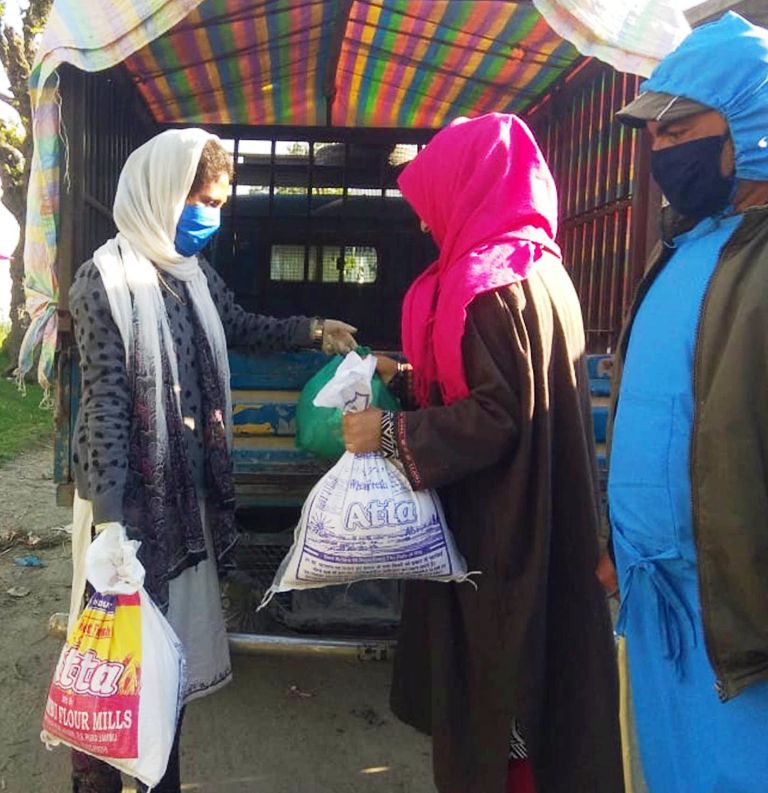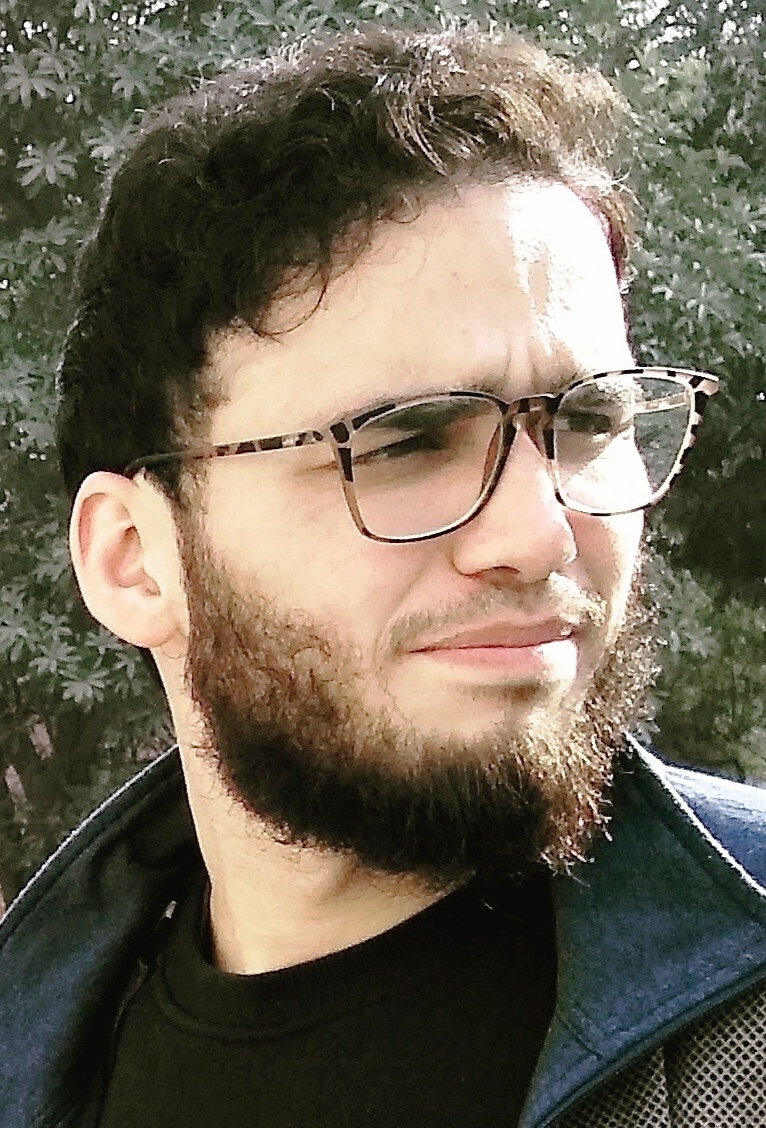by Umair Rashid
The Bayt al-Mal (literally means ‘the House for money’) is used as an equivalent for the Treasury House where public funds are kept. It is an Islamic concept built upon three main factors: wealth, trust and socio-economic justice.

So, socio-economic justice is an immediate objective of the Bayt al-Mal. It bears the responsibility of the undertaking of the society’s fiscal system and welfare provisions. Accordingly, the Bayt- al-Mal acts as a treasury complemented with the task of planning and distributing society’s wealth in the whole socio-economic and political set-up in a given society. Hence, it is the financial pulse to the development process of the society. It is a broad concept and is based on the faith that everything belongs to God, and that man being His agent on the earth may possess some of these things only temporarily and secondarily.
The sources of wealth in a Bayt al-Mal for the various expenses can be categorised into ‘special wealth’ and ‘general wealth’. Special wealth includes all revenues that are determined by the Shari’ah. This wealth cannot be spent on any other purposes except for those stated in the Holy Quran and Sunnah. The main item under this category is Zakat.
The word Zakat has been traced to verbs that in English translate most closely as “to be pure” (as in the verse qadaflaha man tazakka), meaning ‘prosperous is he who has sought purity’ (87:14). Thus, giving Zakat is seen as an act of purification for one’s soul from selfishness and greediness. Others have emphasized its link to the verbs “to grow” and “to increase” and have interpreted the paying of Zakat as leading to a significant increase of blessings in terms of material property in this world and of spiritual merit for the Hereafter.
Sayyid Qutb in his booklet Social justice in Islam discusses the significance of Zakat. It purifies the soul from the selfish love of material possessions as well as saving all those in the community, which are unable to earn a decent livelihood from destitution. It is a system of progressive taxation where each would pay according to his ability and would result in a more even distribution of wealth. When there would be no in the distribution of income and wealth there will be no business cycles and the economy will move in a smooth way.
Historically, Bayt al-Mal has played a great role in the distribution and redistribution of funds. It performed the function that is similar to the function of the ministry of finance at present. It also carried out the jobs of the central bank in terms of monitoring, issuing currencies, controlling credits and so forth. Its role can greatly contribute to the eradication of poverty in general and poor families hit hardly by the present catastrophe Covid-19 in particular. Its role can be revived, for example, providing small-medium funds, managing Zakat and Awqaf, channelling the funds, issuing various financial instruments and so forth. As the economy presently is shrinking, Bayt al-Mal can be utilized in parallel in order to once again grow our economies.

As the Covid-19 has made life across the globe full of suffering for many populations and lockdown entering now the fourth month, millions of jobs have been lost and life has been disrupted in many complex ways. According to the latest report, economic distress and social discontent will rise over the next 18 months unless world leaders, businesses and policy-makers work together to manage the fallout of the pandemic.
This clearly brings forth the gravity of the emerging situation. It is not going to leave us very soon rather we need to prepare for the worst. While rich ones manage everything and enjoy in their luxury homes, the poorer ones are the victims from all the sides. This is where Bayt-al-Mal in Muslim societies, at least, finds its greater relevance and especially in times when any state’s capacities seem to be failing to mitigate the suffering of disadvantaged or deprived sections like migrant workers in the Indian context.
Moreover, while the government employees receive their salaries regularly but those working in the unorganized sector, private institutions and small businesses face extreme forms of hardships in their everyday life. Yet most of us, self-righteously, restrict our contribution to posting on social media and remain in fool’s paradise for the rest of our time.

It is time we develop an understanding that moving out of our cocoons is a must. It should dwell on our personalities that transition from virtuality to reality is the need of the hour in the current creeping crises. It is the time to come out with a practical platform like the one of accelerating the work of Bayt al- Mals in our communities. For this contribution of all sorts is a pre-requisite. It entails economic, social and mental support structures with-in our social ecologies that cater to the needs of disadvantaged and marginalized. More-so, amid this economic recession, loss of jobs and disruption of normal life, it can greatly contribute to the affected families.
(The author is an economics student in AMU, Aligarh. The opinions expressed in this article are those of the author’s and do not purport to reflect the opinions or views of Kashmir Life.)














